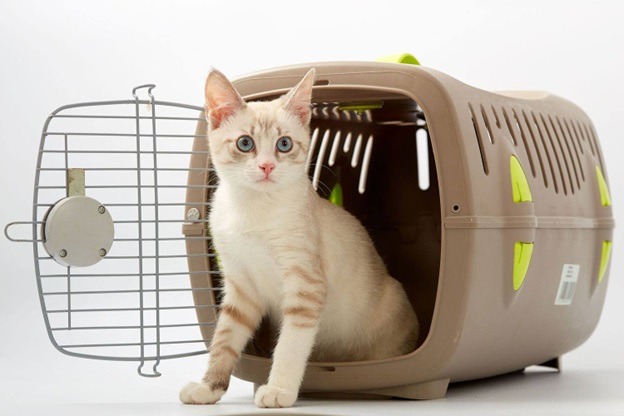If you’re looking into pet relocation to Singapore, you need to know that Singapore is quite strict with its rules about pet relocation. With strict rules and time sensitivity, it is often in your best interest to work with a professional company that will handle all the processes for you.
However, let’s look at the import requirements to relocate your pet to Singapore from the USA.
Requirements for pet relocation to Singapore
- Microchip (ISO-compliant)
- At least 6 months of residency in the export country
- Primary rabies vaccination (4 months before export) and secondary booster vaccine after rabies titer test, at least a month before export.
- Rabies titer blood test carried out at least one month after primary rabies vaccination, and within 6 months before export.
- Additional vaccinations (at most 1 year before export and at least 2 weeks before). For cats, FVRCP (Feline Viral Rhinotracheitis, Calicivirus, Panleukopenia) vaccination, and for dogs, DHPP (Distemper, Hepatitis, Parainfluenza, Parvovirus) vaccination.
- Import permit
- Dog licenses for dogs
- A ten-day minimum quarantine period
- International health certificate filled out between 2 and 7 days by a veterinarian certified by the USDA.
- Treatments for fleas and tick parasites, as well as nematodes & cestodes (2-7 days before export)
- Paperwork endorsement by USDA
- Travel kennel that meets IATA standards.
Dog Licensing requirements
All dogs must be licensed before entering Singapore and must be kept at home. Dogs must be leashed in public, and dangerous dogs need to be muzzled. Damage/personal injury insurance is also required for dogs considered to be dangerous.
Banned Breeds
Singapore bans some breeds from being imported into the country, including all Pit Bulls and crosses between pit bulls and other breeds. Other banned breeds are the Atika, Boerboel, Tosa, Neapolitan Mastiff, Dogo Argentino, Perro de Presa Canario, Fila Brasileiro, and crosses of these breeds.
As for cats, Singapore doesn’t allow the importation of Bengal cat crosses, unless there is documented proof that the crosses are 5th generation from the ancient stock of Prionailurus bengalensis at the least. 4th generation crosses and below won’t be allowed because these crosses are not considered domestic cats.
It is the same with Savannah cat crosses that must be at least a 5th generation cross from the ancient Leptailurus serval cross. 4th generation crosses and below aren’t allowed as they aren’t considered domesticated cats.
Pet Housing Restrictions
Over 80% of residents in Singapore live in houses made available by the Housing and Development Board (HDB), with most of them owning their flats, and this is different from the “public housing” found in the US.
When buying or renting an HDB flat, you won’t be able to live with cats. Only dogs from an approved breed list are allowed in these apartments, and you can’t have more than one dog in each flat.
If you won’t be living in an HDB residence, you’ll need to make inquiries because the levels of pet acceptance, as well as the conditions, vary from location to location.
Ensure to work with a home relocation company to help you get a house you can live in with your pet(s).
When handling your pet relocation to Singapore, it is advised that you work with a professional shipper to handle your pet’s documentation, oversee the procedures, take your pets to the airport, and ensure they are quarantined and equally picked up.

